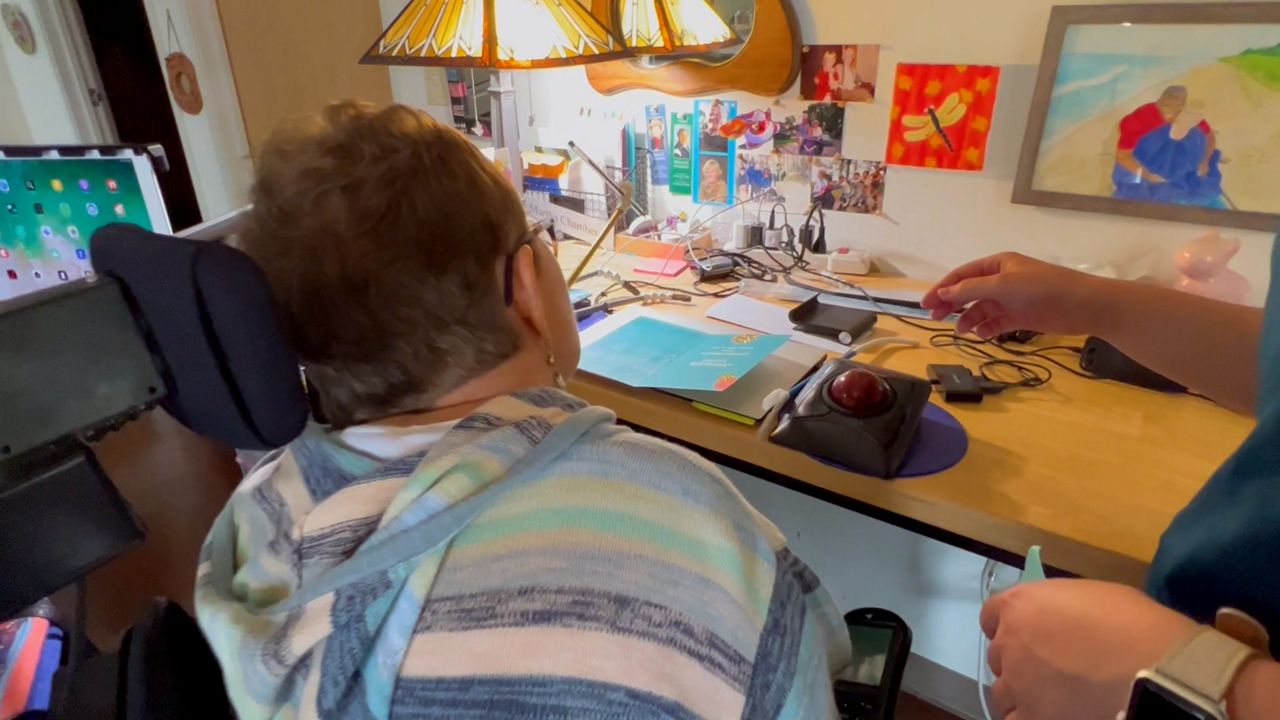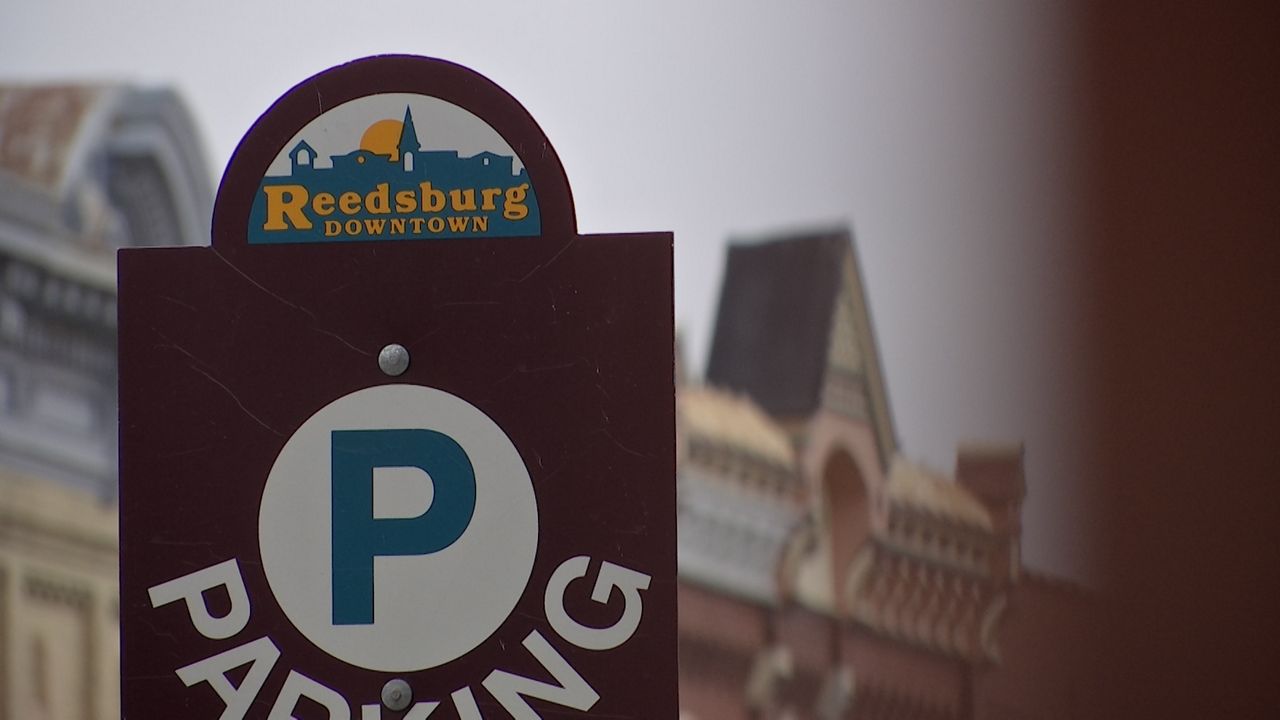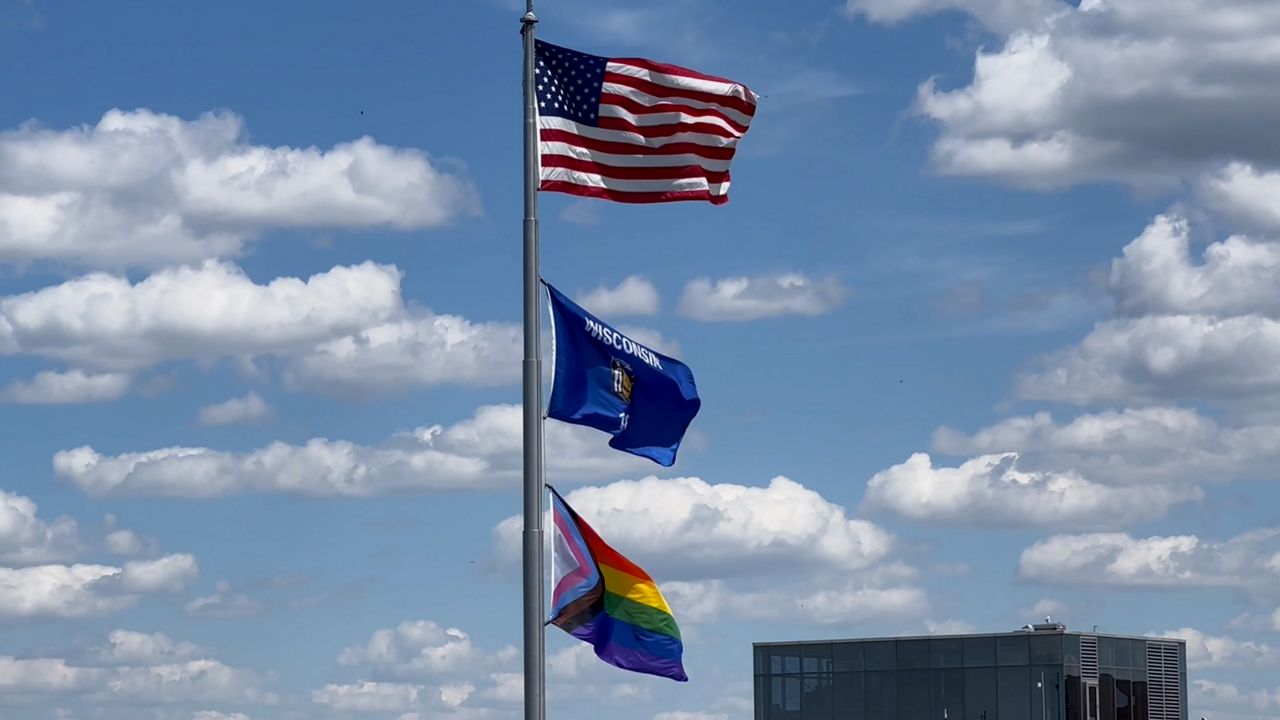MADISON, Wis. — Wisconsinites with disabilities will be able to have someone help them return their absentee ballot this fall after an order from a federal judge in Madison this week.
The final ruling clears up confusion from existing Wisconsin laws and a recent ruling from the state Supreme Court.
In the order released Wednesday, U.S. District Judge James Peterson cited the federal Voting Rights Act, which takes precedence over state law because of the supremacy clause in the U.S. Constitution.
Law Forward attorney Scott Thompson called the order a victory for the four disabled voters he represented in the lawsuit.
“Voters with disabilities, like everybody else, they have a right to vote, and they deserve this clarification on how they can vote,” Thompson said. “It prohibits the elections commission from, basically, construing state laws to, in any way, prohibit these voters from ballot return assistance. In other words, having someone else return their absentee ballot on their behalf.”

This latest order comes in the wake of a ruling from the Wisconsin Supreme Court in July, which banned ballot drop boxes and required voters who choose to return their absentee ballot to a clerk's office to do so in person.
However, that ruling did not address whether a voter could have someone else place their ballot in the mail. During a news conference after the decision by the state Supreme Court, elections commission administrator Meagan Wolfe cited a state law that states the voter must mail their own ballot.
“If you really need to have someone else return your ballot, it felt like you couldn't do it,” Thompson explained. “That's no longer the case. With a permanent injunction, again, we have the clarity that I think these voters deserve. That I think restores their dignity, frankly, to make sure that they can get their absentee ballots delivered safely, securely and effectively.”
The Wisconsin Institute for Law and Liberty, which brought the suit over absentee ballot drop boxes, took no issue with this week's order. However, the Milwaukee-based nonprofit conservative law firm has asked the elections commission to create a new rule requiring disabled voters to certify that they cannot return the ballot themselves and need a third party to do so on their behalf.
"We don't disagree with Judge Peterson's legal logic and feel this is an important issue to have clarity on going forward,” Deputy Counsel Luke Berg said in a statement. “But, it is crucial that the Wisconsin Elections Commission does not implement this ruling in a way that creates a loophole that could compromise election integrity -- we are taking action today to make sure the commission is aware of this risk, and applies the law faithfully."
Wednesday's order only makes exceptions for disabled voters. Per the previous state Supreme Court ruling, absentee ballot drop boxes are still outlawed, and those who physically can must return their own ballot either via mail or in person to their local clerk's office.
The state elections commission, which was represented by the Wisconsin Dept. of Justice, now has until Sept. 9 to notify the more than 1,800 municipal clerks across the state about the rights disabled voters have.
“Every eligible voter in Wisconsin should be able to cast a ballot,” Attorney General Josh Kaul said in a statement. “Consistent with the position we have taken, this ruling clarifies that voters with disabilities who need assistance to return their absentee ballots are able to get the assistance they need.”
Commissioners are scheduled to meet on Tuesday to discuss their next steps to comply with the order.










